
Realty sector foresees black Diwali post repo rate hike
The repo rate hike by the Reserve Bank of India (RBI) by 25 bps seems to have spoiled the festive spirit of the real estate sector.

The repo rate hike by the Reserve Bank of India (RBI) by 25 bps seems to have spoiled the festive spirit of the real estate sector.
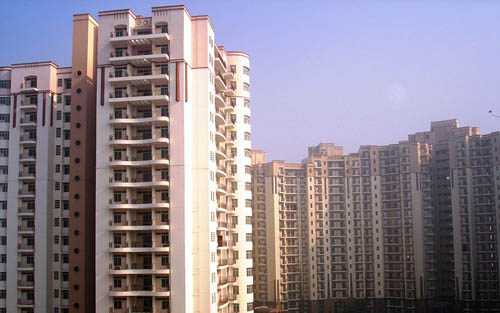
India’s real estate sector will be among the worst hit by the Reserve Bank of India’s decision to raise key interest rates, experts have said.
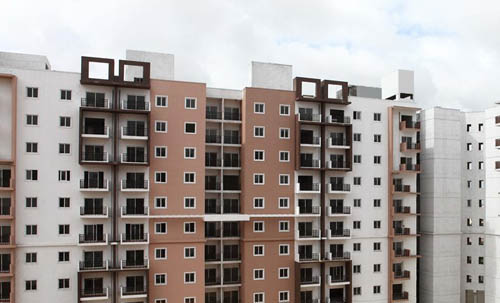
The Reserve Bank’s decision to raise key policy rates by 25 basis points today is likely to have a negative impact on the real estate sector.

The decision on allowing external commercial borrowings (ECBs) for the real estate sector still hangs fire with the Finance Ministry and the Reserve Bank of India holding opposing views.
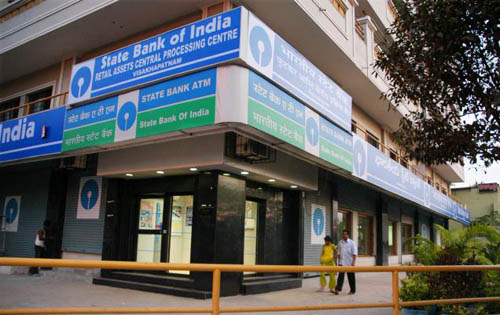
The State Bank of India has finally put an end to its most innovative and wildly successful home loan scheme from May due to concerns raised by and under pressure from the Reserve Bank of India.
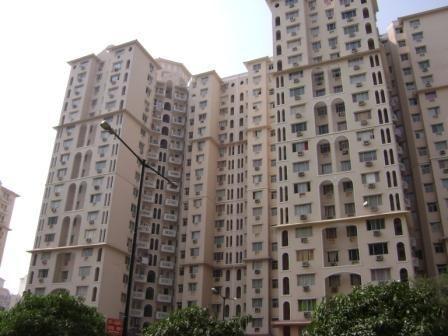
Banks have experienced strong demand for loans from the real estate sector and non-banking finance companies (NBFCs) during the year till February, shows the latest data released by the Reserve Bank of India.

As the Reserve Bank of India meets to review its monetary policy tomorrow, Thursday, the realty sector is getting panicky that if there is a rate hike the sector may see some more pains in the coming days.
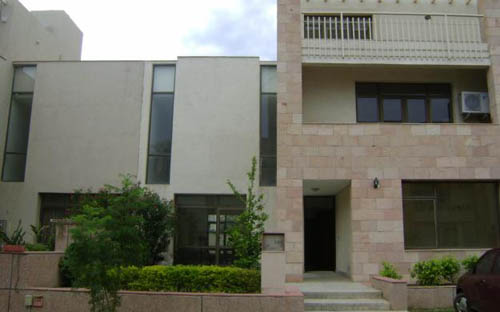
As real estate prices shoot up and interest rates, the outlook for the sector does not look too bright. In its year-end report, Knight Frank has stated that new home sales in India have fallen by 25 per cent due to soaring prices. With the Reserve Bank of India tightening lending norms to developers and raising interest rates, the property market is likely to plumb new lows in 2011 as buyers disappear.

The Sahara Group has taken umbrage over a Reserve Bank of India (RBI) advertisement, issued earlier this week, asking customers to be cautious about deposits raised by the Sahara India Pariwar and has challenged the central bank’s jurisdiction to do so.

The western cities of Ahmedabad and Mumbai, along with the southern tech hub of Bengaluru, all experienced healthy price appreciation in the 15-21% range whereas Chennai in south and Kolkata in east saw robust growth of 22% compared to the previous year, indicating strong economic activity and housing demand in these metros. This trend points to sustained demand in these economically vital centers. Pune, often seen as a more affordable alternative to Mumbai, also saw an 18% increase, suggesting it’s maintaining its appeal for homebuyers while still seeing significant price growth.
